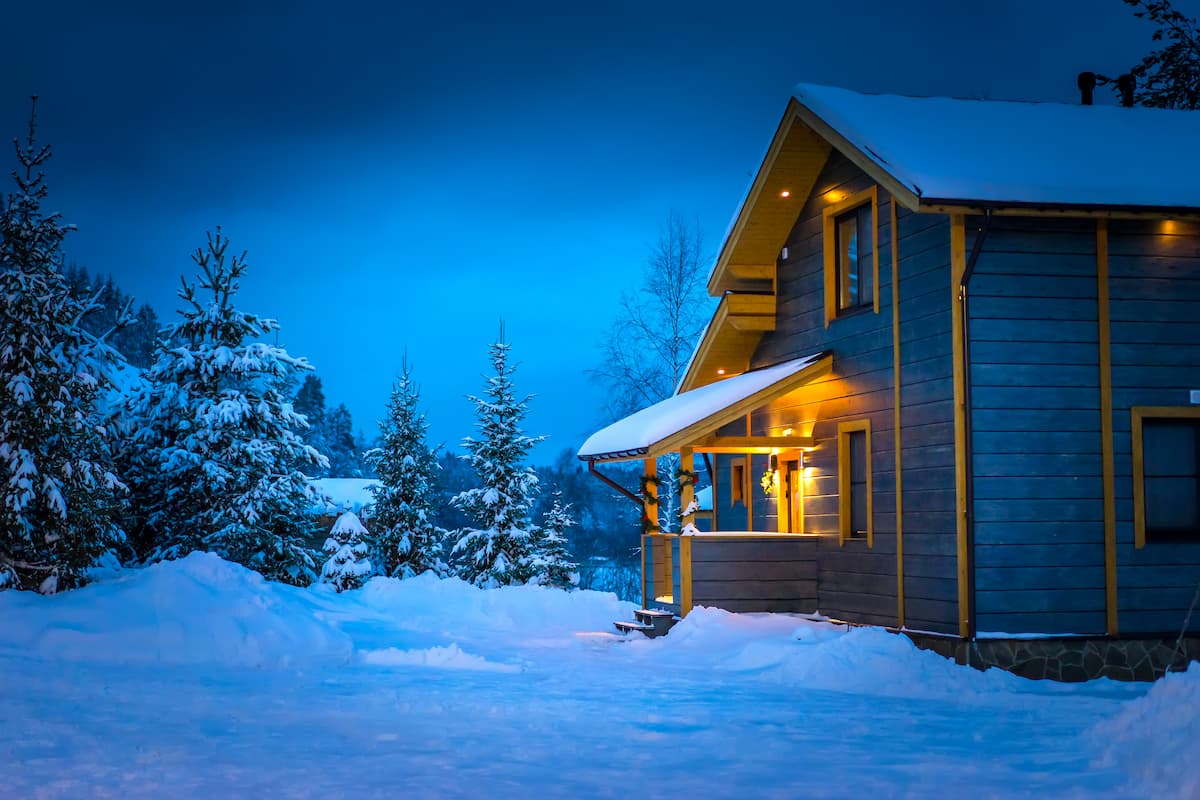
- High Country Conservation
- January 20, 2025
- Ask Eartha
Dear Eartha, I keep hearing about home energy assessments. What are they, and should I get one for my home?
As a kid, I used to point to my younger sister when my dad would ask, “Who turned up the heat?” Now, as an adult, I totally get where my dad was coming from, because I’m the one in my household constantly turning down the thermostat. Let’s face it, utility bills aren’t fun. What’s the antidote to a high energy bill? Energy efficiency. Getting an energy assessment can be your guide to cut down on your energy use, lower those pesky bills, and make your home a more comfortable place to live.
What is a Home Energy Assessment?
Think of a home energy assessment as a check-up for your house. It’s a detailed look at how your home uses and loses energy. To complete an assessment, a professional energy analyst does a thorough inspection to pinpoint where your home is wasting energy and what you can do about it. Here’s what they check:
- Insulation Levels: Making sure your home is properly insulated helps keep it cozy in the winter and cool in the summer (without cranking up the heat or wishing you had AC).
- Air Leakage: Heating our homes can be costly, and it’s important to ensure that warmth stays inside rather than escaping outside. By identifying areas where heat is leaking—such as around windows or recessed lighting—professionals can recommend effective sealing techniques to keep the warmth in and reduce energy waste.
- Heating Systems: They’ll check if your HVAC system is running efficiently and recommend upgrades if needed.
- Appliances and Lighting: They’ll assess your appliances and lighting to see if you can save by switching to energy-efficient models like LED bulbs or Energy Star appliances.
Health, Safety, and Comfort
Energy assessments aren’t just about saving energy; they’re also about making your home safer and more comfortable. Here’s what else professional analysts consider:
- Air Quality: They’ll ensure your home has good ventilation to prevent issues like mold, mildew or moisture issues.
- Identify Gas Leaks: They’ll analyze gas lines around the home and measure carbon monoxide levels of combustion appliances.
- Cold or Warm Rooms/Ice Dams: If certain parts of your home are too cold or too warm, or if you’ve noticed ice buildup on your roof, they can identify the problem and suggest fixes like air sealing and insulation.
Renters Can Benefit, Too
Home energy assessments aren’t just for homeowners. Renters can also benefit by working with their landlords to arrange an energy assessment. This can lead to improvements that reduce utility bills and enhance building durability, making it a win-win for both parties.
Taking the First Step Getting started is easy. Reach out to Hight Country Conservation Center (HC3) or sign up online and HC3 will connect you with a local energy analyst. Your analyst will guide you through the process, ensuring you take full advantage of the available rebates from HC3 and your utility company. For most residents, assessments start at $450, and after rebates, the cost is bought down to $99.
The Path to a More Efficient Home
Once you’ve completed a home energy assessment, you’ll receive a detailed report outlining the findings and recommended actions. These may include simple fixes like swapping out old incandescent lightbulbs with LEDs or sealing air leaks and upgrading insulation. If you decide to implement the recommended upgrades, residents can access rebates of up to $3,000 for making their homes more energy-efficient. The exact rebate amount depends upon your jurisdiction. Additionally, Xcel Energy has rebates for improvements and there are also federal tax credits.
A home energy assessment is a valuable tool for anyone looking to improve their home’s energy efficiency, safety, and comfort. By taking advantage of available rebates and implementing the recommended improvements, you’ll enjoy lower energy bills, a more comfortable living environment, and the satisfaction of contributing to a healthier planet.
Ask Eartha Steward is written by the staff at the High Country Conservation Center, a nonprofit dedicated to waste reduction and resource conservation. Submit questions to Eartha at info@highcountryconservation.org.
